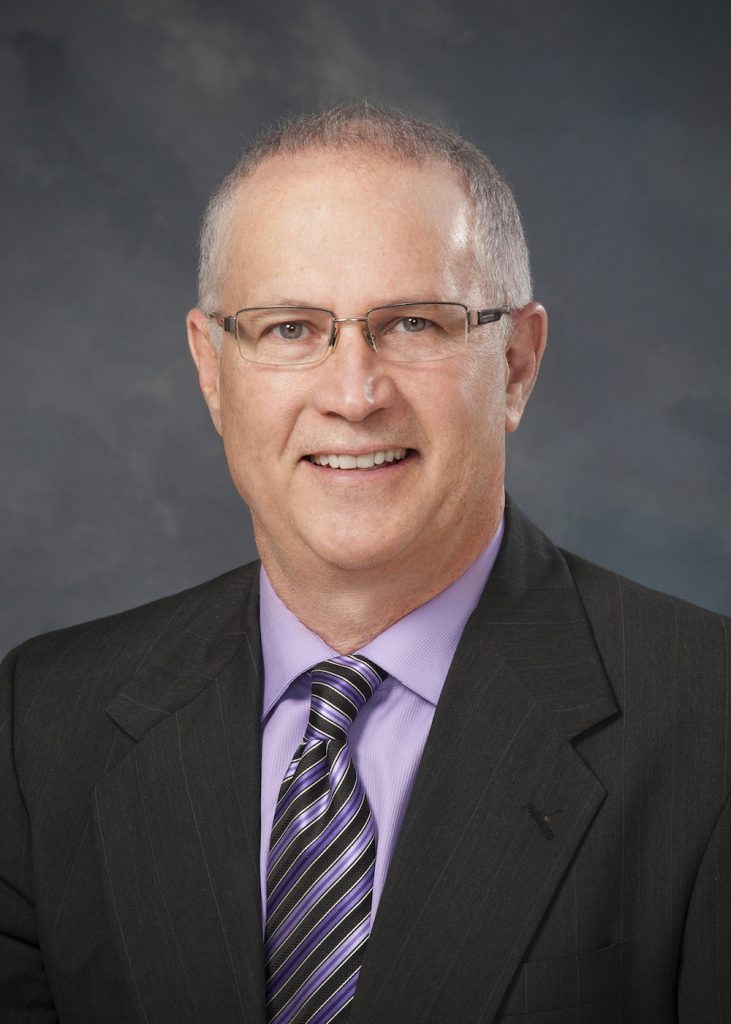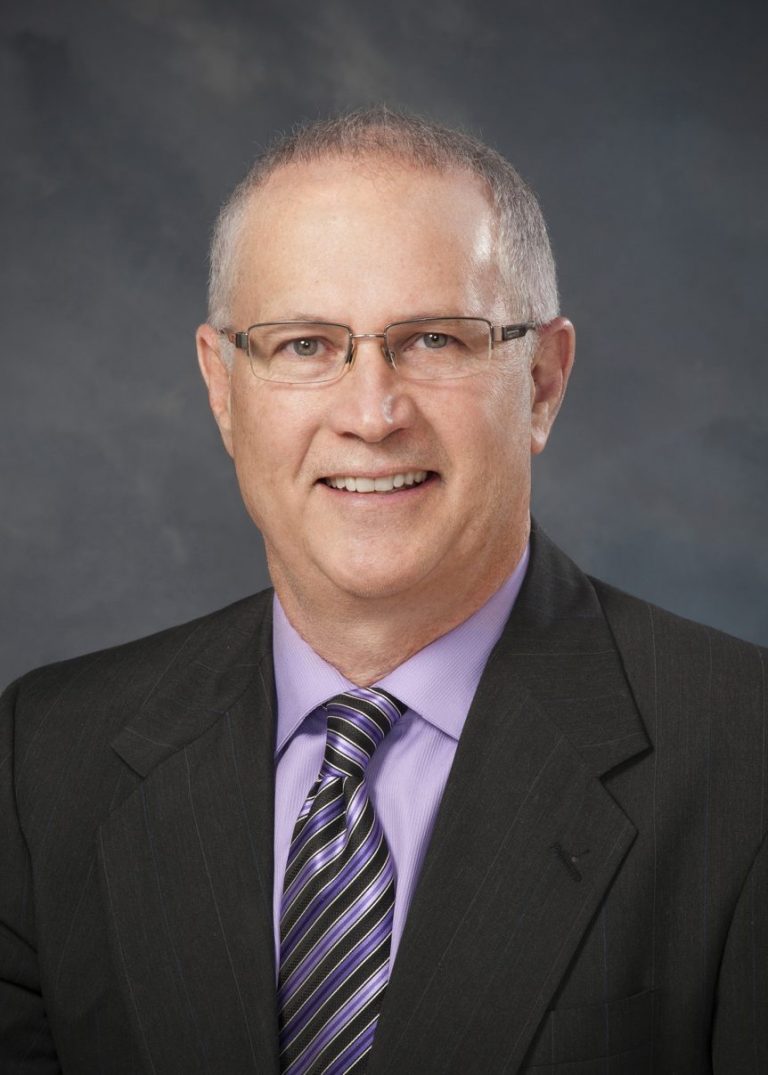

When the Deepwater Horizon oil spill began occurring on April 20, 2010, Bill Robertson looked at its effects in two different ways.
“As a local Sarasotan and an outdoorsman, the spill was disturbing from an ecological standpoint,” says the personal injury attorney and CEO at Kirk-Pinkerton in Sarasota. “As a lawyer, I looked at it and saw an opportunity to represent clients in operation up and down the coast who’d be qualified for compensation.”
To date, Kirk-Pinkerton has helped clients secure more than $30 million in damages after filing 115 claims for hotels, real estate firms and other businesses along with the cities of Sarasota and Bradenton Beach.
“Even though we in Florida never got any oil on our beaches, we’re so tourist driven in this area, and there was a timeframe when people just weren’t coming here,” Robertson says.
The explosion at the BP-operated well killed 11 people and sent oil spilling into the Gulf of Mexico for three months before the well was capped off. BP plead guilty to manslaughter charges and paid billions in government penalties and fines. It also agreed in 2012 to a class-action settlement to pay damages to businesses that suffered economic losses due to the spill.
In the summer of 2012, Kirk-Pinkerton began reviewing some 500 potential claims from individuals and businesses located in Southwest Florida, as well as in the Panhandle and Florida Keys. Those reviews determined whether the claimants qualified for compensation under the settlement. To do so, businesses had to show that they had financial losses as a result of the oil spill.
“Just because you had a business on the water didn’t mean you necessarily got any money,” says Robertson.
Claimants had to present five years’ worth of income to demonstrate that they took an economic hit during the post-spill months of 2010. If there was a noticeable dip during that time period, then a rebound in 2011, the business likely met the criteria laid out for the settlement.
“There was a basic formula, a financial matrix,” says Robertson. “The closer you were to the water, the less the standard was to show revenue rebounds. The farther away from the water you were, you had to show bigger drops and rebounds to qualify. We ran everything through a calculator to determine if a business met causation and got a ticket to the dance.”
The 115 claims that qualified were filed on behalf of everything from hotels that saw bookings go down to realtors who lost out on home sales. (Municipalities were excluded from the class-action settlement, so the firm filed the claims for Sarasota and Bradenton Beach separately.) And even businesses where the impact from the spill might seem less obvious were able to file successful claims with the help of Kirk-Pinkerton.
Take the Jaensch Immigration Law Firm in Sarasota. Many of the firm’s clients are Europeans, Canadians and other foreign travelers who first come to the area as visitors and then like it so much they decide to buy a business or home here. “Since most of our clients typically begin as tourists, our business was definitely affected by the oil spill,” says attorney P. Christopher Jaensch.
“We had a lot of clients who had contacted us and said they were no longer interested in coming here or postponed their trips.”
Kirk-Pinkerton helped show that Jaensch Immigration Law Firm did not grow as much in 2010 as it could have and secured it a settlement amount Jaensch called a good surprise.

“I was doubtful that we would get anything, so I was definitely pleased with the result,” says Jaensch. “When the oil spill was happening, I saw law firms springing up overnight, and I don’t see any of them around anymore. I had always respected Kirk-Pinkerton’s litigation department, and when Bill told me he was working on these settlements, I knew we would be well taken care of.”
While the claims were easy for the firm to file from a logistical standpoint — everything was done electronically through the Deepwater Horizon claims center — the process was not a speedy one, with BP filing appeals to the original settlement agreement.
“The spill occurred in 2010; the losses occurred in 2010,” says Robertson. “But we’re just now down to the last couple of claims that are going to be paid this year, five years after we started working on it and seven years after the spill occurred and damages were incurred. The largest claim we got for a client was over $7 million, but they didn’t see one dime of that until this year.”
Robertson says that’s how things go with fights for damages, and why hiring an experienced attorney is so crucial.
“If you don’t hire me hire someone else, because you need a lawyer,” he says. “It’s a complicated process and it typically takes the leverage of a lawyer to get you the recovery you should. And the person paying wants to sit on the money as long as they can because they get to use it in the meantime. It’s the same thing with personal injury cases with insurance companies. The battles people don’t see off the field are the things that drive these cases much more than the underlying merits of the cases.”

